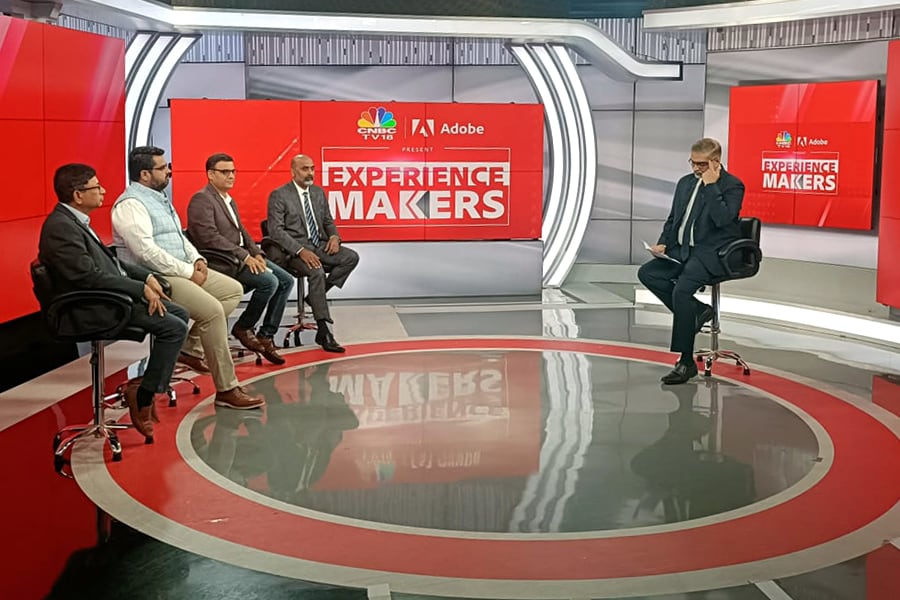
Driving RoI through personalization and customer centricity: Insights from technology leaders
The payoff for delivering great personalization and excellent experience delight is higher conversion
 To succeed in a competitive marketplace, businesses are becoming increasingly customer-centric. They seek to truly understand the ever-changing demands and expectations of customers, so that they can provide experiences that are authentic, engaging and meaningful. However, devising consumer experience (CX) programs require investment, which must continuously demonstrate value, if customer-centric initiatives are to be sustained over the long run.
To succeed in a competitive marketplace, businesses are becoming increasingly customer-centric. They seek to truly understand the ever-changing demands and expectations of customers, so that they can provide experiences that are authentic, engaging and meaningful. However, devising consumer experience (CX) programs require investment, which must continuously demonstrate value, if customer-centric initiatives are to be sustained over the long run.
To understand how CX can truly become a game changer for customers and enterprises and to deliberate on the best way to manage the balancing act between CX investment and Return on Investment (RoI), CNBC TV18, in partnership with Adobe, brought together technology leaders from diverse brands to share their experiences and insights, under the banner of its initiative – Experience Makers.
The tech-wizards on the panel included Venu Juvvala ,Head of Digital Experience Business, Adobe India ; Gary Mathapati, Chief Information Officer, Butterfly Gandhimathi Appliances, Crompton Greaves Consumer Electricals Ltd; Aniruddha Mehta, Chief Information Officer and Head of Information Technology, Prince Pipes and Fittings Ltd. and Praveen Shrikhande, Chief Digital and Information Officer , Aditya Birla Fashion and Retail Ltd.,
Gary Mathapati set the context for the discussions by enumerating the foundational building blocks, which are essential for any organization aiming to optimize CX. He affirmed that beyond understanding the consumer’s needs and preferences, an organization must also bake personalization and customization into the CX, by harnessing data and technology. Additionally, an enterprise must ensure proactive customer support, using technology tools, like AI and chatbots, so that its service is available 24X7 and consumers can interact with the business whenever they want. Lastly, organizations must offer their customers a seamless omni-channel experience for best CX.
He also pointed out common myths about CX and RoI, saying, “Improvements in CX do not deliver instant RoI; it takes time. Secondly, the impact is not easily measurable. Thirdly, building CX is not a project with a definite time frame; it’s a continuous process and you have to keep working at it by garnering and incorporating feedback. Further, CX does not necessarily result in cost reduction but it definitely helps to improve other parameters, like customer satisfaction and loyalty. Lastly, companies tend to underestimate the power of customer loyalty and retention.”
The discussion shifted to how a company can track and measure the value of CX. Coming from a primarily B2C business, Praveen Shrikhande explained how his company tracked the value of CX, despite being a predominantly phygital enterprise with customer touch-points in stores and online too. “We are constantly tracking whether a customer’s experience in a store translates into a sale or not,” he said. “We take feedback from our customers, post purchase, and we call back a month later to get feedback on their product experience, especially for our leading brands. This ensures that we are clued in to what our customers are feeling and that gives us the opportunity to change variables like our product mix, based on their feedback.”




